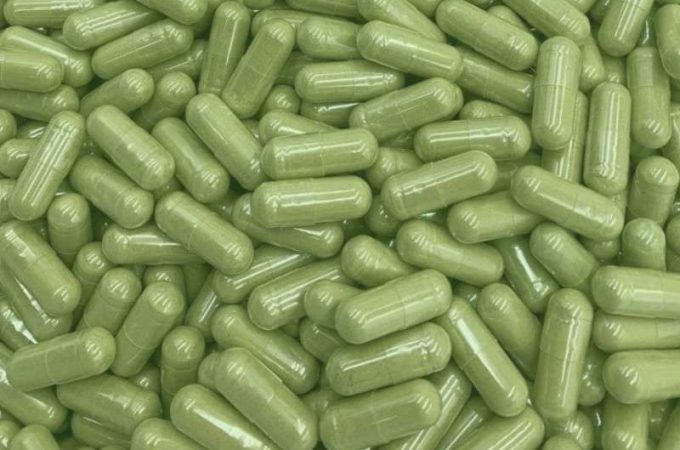
What is a Rotary Tablet Press?
The vitamin pill press, otherwise known as the rotary tablet press, is an essential piece of machinery for any commercial pharmaceutical factory. This machine is specifically designed for manufacturing large quantities of tablets or pills at a rapid rate with ease and efficiency. It works by producing hundreds or thousands of tablets from a single batch of granulated powder in just minutes. The process involves feeding the powder into a hopper which feeds it into cavities on a rotating die table. As the dies rotate, they compress and shape the powder into individual pills before being ejected and collected.
How Does A Rotary Tablet Press Work?
A rotary tablet press consists of several parts that work together to create tablets efficiently and quickly. These parts include:
1) Die Table – This part contains several die plates (or punches) which contain cavities shaped like the desired tablet form.

2) Feed Hopper – The feed hopper holds the material used to make tablets and dispenses it onto the die table as needed during production.
3) Punch Head Assembly – The punch head assembly consists of upper and lower punches that travel down through each cavity in order to compress the material into individual tablets.
4) Pre-Compression Rollers – These rollers are used to improve tablet quality by pre-compressing larger particles prior to compression by punch head assembly.
5) Ejector System – An ejector system located beneath each die plate helps remove finished tablets from cavities after compression has taken place.
6) Cutters & Collectors – Cutters located beneath each die plate help divide finished products into predetermined sizes while collectors collect them for packaging or shipping purposes.
What materials can a rotary tablet press compress?
A rotary tablet press can be used to compress various materials such as powdered herbs, chemicals, vitamins, minerals, foods, etc., depending on its size and design capabilities. Some machines are able to process up to ten different types of material at the same time, while others can only process one or two types per cycle time frame due to limited space within their cavities/die plates. In addition, some machines have unique features such as automatic lubrication systems, which help to reduce friction between moving parts, increasing longevity and performance levels over extended periods of time without the need for manual intervention or the maintenance downtime required for periodic cleaning associated with other models available on the market today.
Advantages of using a rotary tablet press
A major advantage offered by this type of equipment is its speed compared to other manufacturing processes available today; most models are capable of producing up to 10 million tablets per hour! In addition, these machines offer precise control over weight variation between batches due to their high-precision filling systems, ensuring consistent product quality every time with minimal human intervention in the operation and management processes involved. Because these machines require very little physical labor, they also tend to have low running costs when compared to other technologies used in today’s manufacturing plants. Last but not least, thanks in part to their modular design, this type of equipment can be easily configured with additional attachments such as dedusters, dust collection systems, scrap removal units, etc., giving users further flexibility in adapting their product lines to meet specific needs without having to purchase entirely new machinery.

Disadvantages of using a rotary tablet press
Although there are many advantages to using this type of machine, there are also some potential pitfalls worth mentioning, including higher upfront capital costs associated with purchasing this type of model (compared to less expensive alternatives), along with regular maintenance schedules necessary to keep it running optimally. In addition, these machines tend to take up more floor space than their smaller counterparts, making them unsuitable for those working in confined spaces where space availability is an issue. Lastly, because these machines use mechanical means to convert raw materials into finished products, there is the possibility that not all components converted process may meet the safety requirements applicable laws and regulations imposed on the industry as a whole, thus requiring extra care caution when handling any potentially hazardous substances to avoid fines penalties imposed on companies found guilty of negligence non-compliance with standards set by industry experts governing bodies alike.





